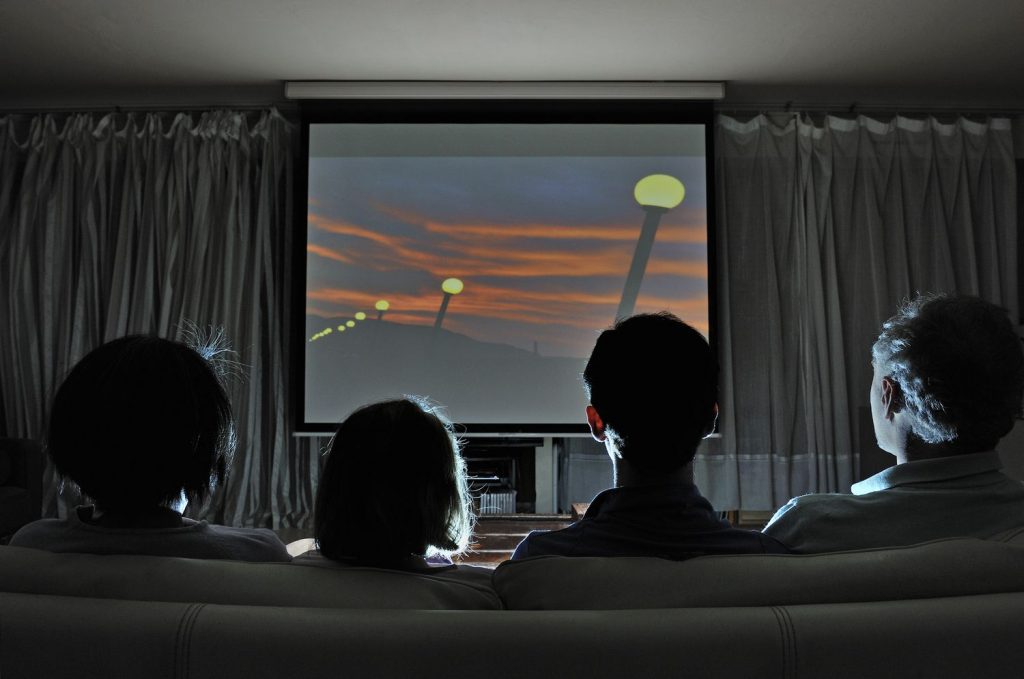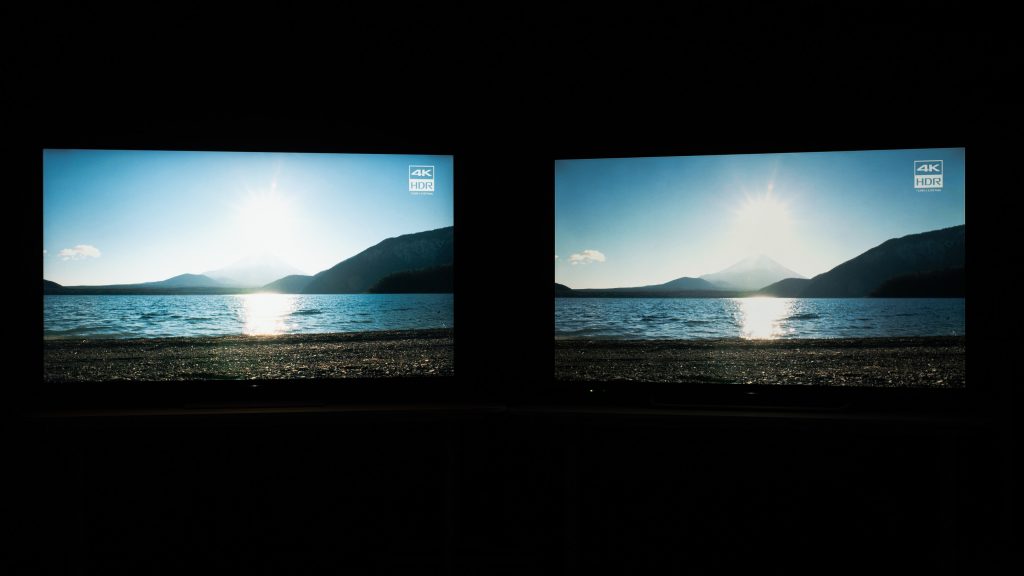If the High Dynamic Range or better known as HDR, gives you headaches and ambiguities, you have clicked on the right article. Since this feature bothers many people as it can be quite unpredictable, especially in projectors, I have decided to once and for all disclose why does HDR look dark and, most importantly, what you can do to fix this bothersome issue.
So, if this is something you are highly interested in, I kindly recommend you read this article until the very end.

Why Does HDR Look Dark?
As technology advances and new features are presented in the photography and videography field every day, the HDR technique still remains a painful spot for many people around the globe. The reason behind this is that HDR technology is highly sensitive to light changes, so it can very easily modify and change the overall appearance of the image or video you are taking.
In order to prevent this, the first thing you must know is why HDR looks dark and how to effectively adjust this option once and for all.
The main reason why HDR looks dark
A commonly known fact is that HDR pictures or footage are made with what’s known as true-to-life black levels, which do not always turn out the way creators wanted. More specifically, when a creator takes a photo or video of a bright scenery or elements and looks at that content in a well-lighted or naturally-lighted room, all of a sudden, this content appears much darker. So, where is the catch?
Well, to cut to the chase, the main reason why the footage is usually darker when applied to the HDR technique is that that technique was first created for theaters, darkened rooms, cinemas, home cinemas, etc. That being said, the HDR technique actually adapts the images to look more enhanced, saturated, and vivid, but only if they are being watched in darker surroundings.
Therefore, when you use your HDR-enhanced projector in a room with plenty of natural or artificial light in it, it is only normal that the images or video footage appear much darker than they really are.
Other reasons why HDR looks dark and solutions for fixing it
Environment
Reason
As we have mentioned earlier, the HDR technique is strictly meant to be used only in light-controlled rooms, meaning the intensity of light should be at a particular level for the utmost performance of the HDR pictures. That being said, any uncontrolled and intensive ambient lighting can have a great impact on the quality of the HDR content, later resulting in darker images and footage that are not very pleasant to look at.
Solution
If you think that the problem with the dark HDR on your projector is this, the solution is actually quite simple. As light-colored surfaces reflect the light from your projector to the screen, it is best to use a black screen wall, which will absorb every light beam super efficiently.
Moreover, besides the dark screen wall, you need to ensure that the ceiling is also painted in muted dark or gray colors and the surrounding walls as well. Also, every piece of furniture or surface that might interact with the projector screen and its colors must be removed or repainted in as dark colors as possible.
Read more: Black Projector Screen vs. White

Screen material
Reason
Another very common reason why does HDR look dark is the screen itself. Although you might think the opposite; considering that there are numerous different types of screens and screen materials, you would be surprised at how large the impact of the screen material is on the actual quality of the image displayed on it. That being said, investing in a good screen is half of the job you need to do so that the HDR looks bright and vibrant.
Solution
The solution to this problem might seem obvious, but wait until you hear this. As there are many different screens with many different material combinations, it might be hard to choose which one to buy. Well, considering my experience in projectors, I would personally recommend a screen with a minimum of a hundred nits measured off the screen but after calibration.
Moreover, you should always go for a gain of no more than 1.3, which has been shown as an ideal number for the utmost HDR experience without those unpleasant dark tones.
Size of the screen
Reason
Another factor why HDR might look dark is the size of the screen itself. Namely, the bigger the projector screen delivers more light twice the time compared to the same size screen but made out of woven material.
Solution
If you do not use your projector or screen for a larger audience, it is always wiser to use a smaller screen as the light dispersion will be smaller as well. Also, whenever possible, you should always strive for front-projection systems as the size of the screen does not as heavily impact them as the other types of projection systems.
Basic user controls
Reason
Once you take care of the environmental factors, it is time to move on to the more technical reasons for HDR appearing darker. As you already know, your projector comes with many functions, options, and controls through which you can adjust the image for the utmost experience.
However, when these basic user controls have not been properly calibrated and adjusted, a real disaster could happen, ending in your picture appearing darker than it really is.
Solution
Before you start with the screening or displaying of your footage, you always need to do a few basic tests and experiment with the basic user controls: contrast, tint, color, and brightness. Experimenting with these options, especially the HDR10 black-level test pattern, will lead you to perfect each option’s amounts and enhance your footage even further for a more realistic appearance.
Also read: How to Clean Projector Screen
Conclusion
In this article, you can learn the most common reasons why does HDR look dark and, most importantly, the suitable fixes. I made sure to include detailed and straightforward solutions so that the next time the HDR on your projector looks dark, you will be equipped with the proper knowledge and know exactly what to do.